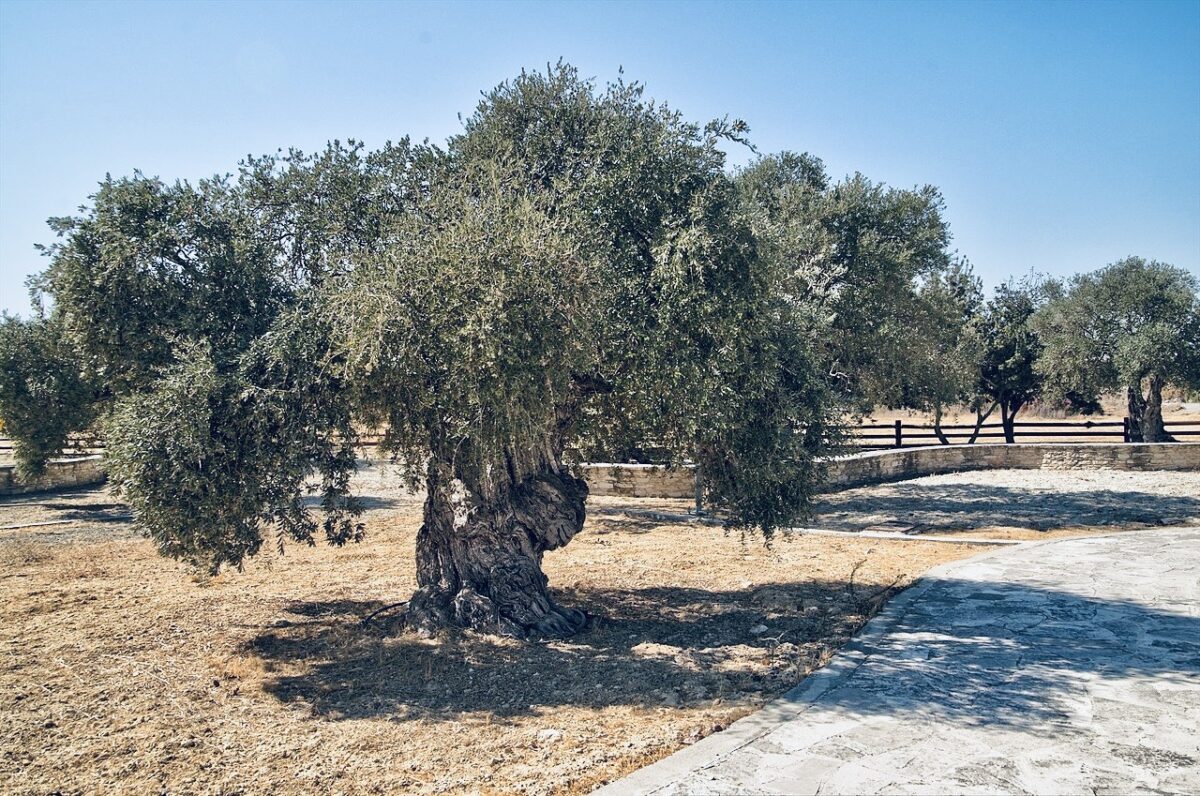Olive trees, a major component of the Palestinian agrarian economy in the West Bank, have figured prominently in Israel’s perennial conflict with the Palestinians.
Since Israel’s occupation of the West Bank during the 1967 Six Day War, some 800,000 olive trees have been destroyed and damaged by the Israeli armed forces and Jewish settlers, affecting the livelihood of about 80,000 Palestinian families.

This process continues unabated, with thousands of trees having been uprooted or vandalized in the past few years in areas of the West Bank from Susya in the south to Salem in the north. A recent United Nations report stated that 5,000 olive trees have been damaged by Jewish settlers in the past few months. Curfews and closures have also played havoc with the olive harvest.
Rabbi Arik Ascherman, the former director of Rabbis for Human Rights, has accompanied Palestinian farmers to their olive groves during the harvest season, when attacks by settlers typically occur. While the presence of Israelis like Ascherman sometimes prevents violence, he has been repeatedly attacked by settlers.
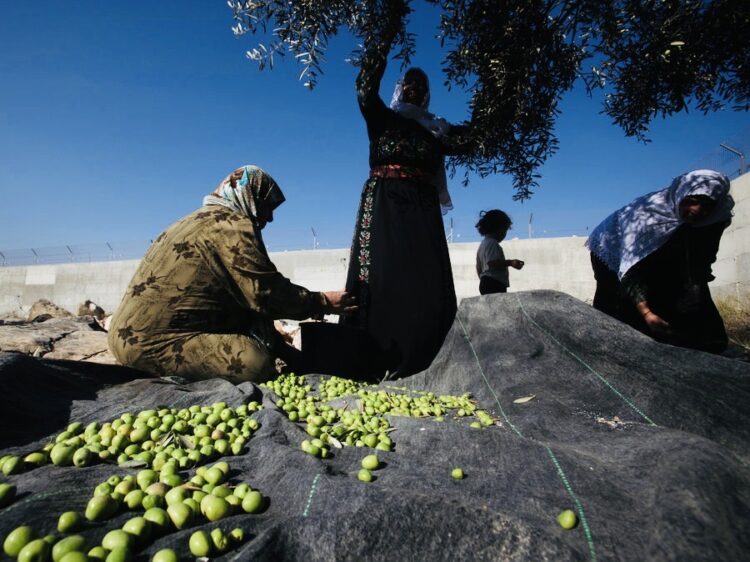
The Israeli government and settlers claim that olive groves have been uprooted for security reasons to protect Jews from Palestinian terrorist attacks.
During the construction of Israel’s separation barrier, which was designed to shield Israelis from Palestinian terrorist attacks after the outbreak of the second Palestinian uprising in 2000, many olive trees were cut down in the name of security.
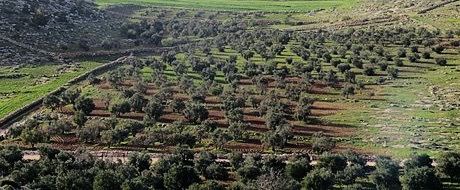
Palestinians tell a completely different story, claiming that the destruction of the trees, which often occurs during the harvest season from October to November, is a calculated tactic to choke the Palestinian economy and drive Palestinian farmers off their lands so that Jewish settlements can be expanded, roads built, and the military occupation entrenched.
Palestinians say that the complaints they have filed with the Israeli authorities have generally gone unanswered.
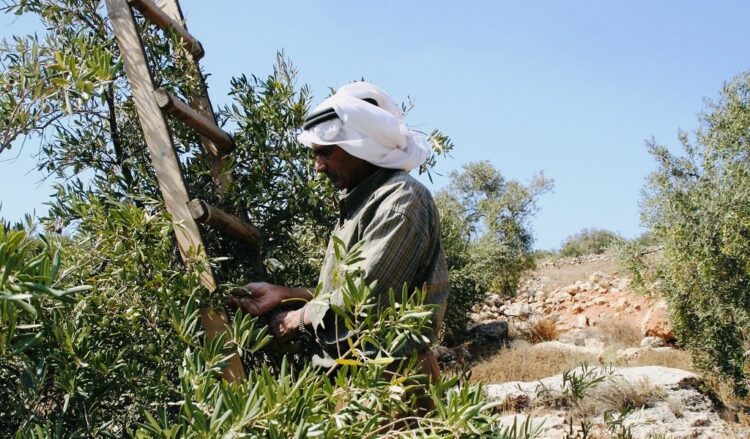
To the Palestinians, the assault on olive trees runs counter to the Paris Protocols, which were signed by Israel and the Palestinian Authority following the 1993 Oslo accord, and to the Geneva Conventions, which prohibit the destruction or removal of “objects indispensable to the survival of the civilian population, such as foodstuffs, agricultural areas for the production of foodstuffs (and) crops …”
In Palestinian lore, the olive tree is extraordinarily special, being an essential aspect of their culture and identity and a symbol of prosperity and their connection to the land, as the scholar Irus Braverman notes.
As well, olive trees symbolize the concept of Palestinian steadfastness and are valued for their ability to thrive in arid conditions.
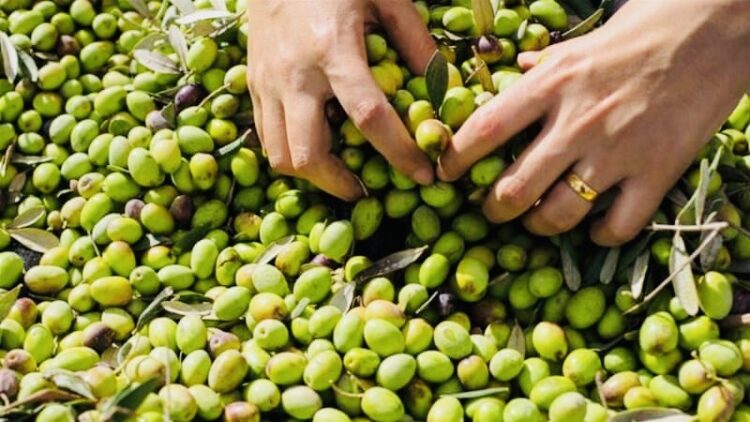
The Palestinian poet Mourid Barghouti has described the olive tree as “the identity card that does not need stamps or photographs and whose validity does not expire with the death of its owner.”
The olive tree is additionally a symbol of the Palestinian national spirit. In a speech to the United Nations General Assembly in 1974, PLO chieftain Yasser Arafat said it is a “living reminder that the land is Palestinian.”
Resistant to drought, olive trees can live for centuries. They have been cultivated in the Middle East for thousands of years, as far back as the Chalcolithic era (3600-3300 BCE). The oldest ones are beautifully gnarled, like rare and exquisite pieces of art.
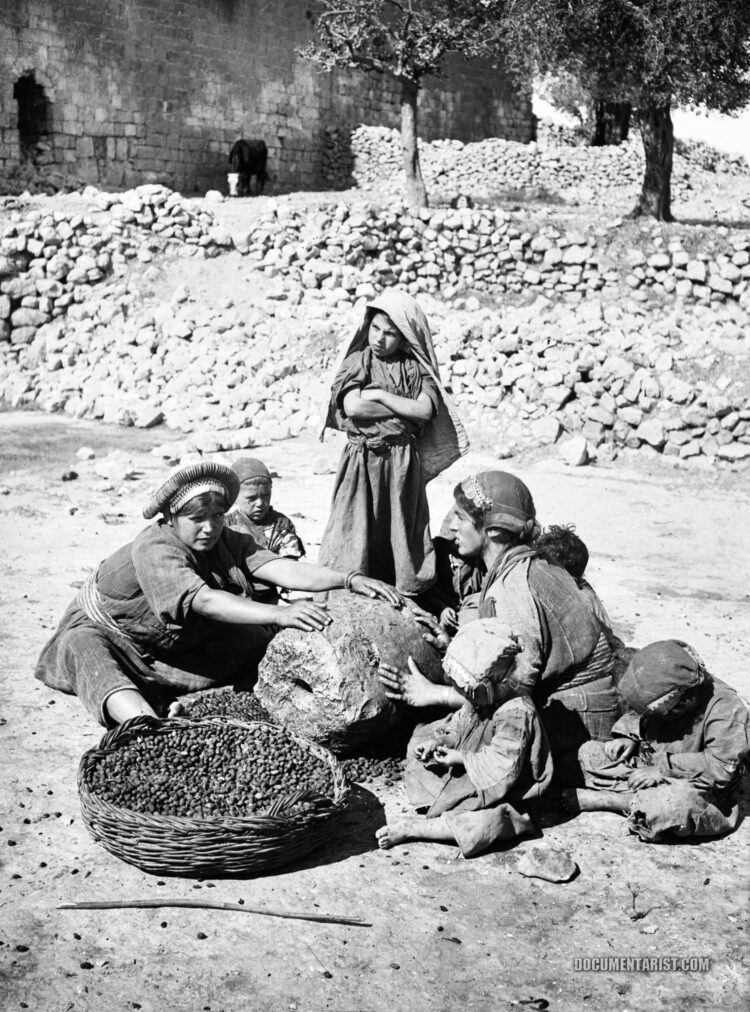
References to olives can be found in Muslim, Jewish and Christian texts.
Olives account for 25 percent of the West Bank’s agricultural production and can be found on 57 percent of the cultivated land in the West Bank and the Gaza Strip. By one estimate, olive orchards support 100,000 families, which usually work together during the harvest.
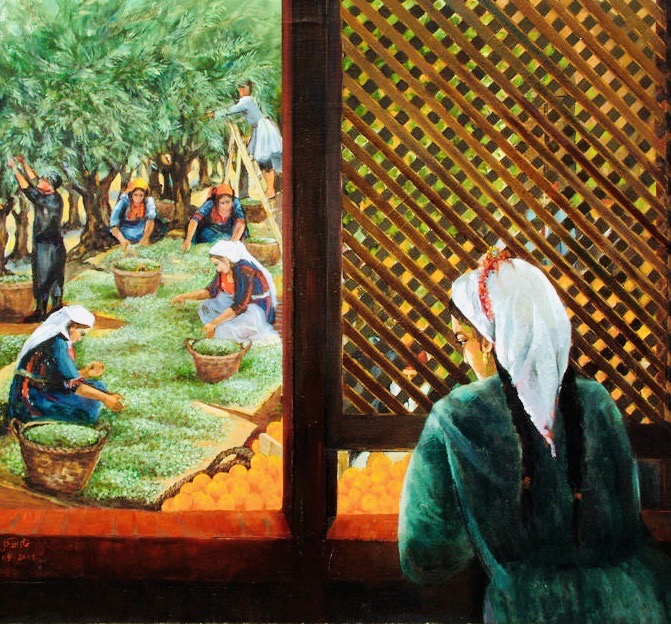
The center of olive production in the West Bank is around the town of Nablus, but much of the harvest is pressed into oil in the vicinity of Jenin, both of which are hubs of Palestinian resistance to Israel’s occupation.
As of a few years ago, eight million olive trees produced 108,000 tons of olives and 27,000 tons of olive oil per annum, accounting for 25 percent of the West Bank’s agricultural production.
Around 10,000 new olive trees are planted each year. On several occasions, Rabbis for Human Rights has donated saplings to Palestinian communities impacted by illegal uprootings.

While much of the olive oil is locally consumed, Israel is the prime market for this product. The rest are exported to the Gulf states, Europe and the United States.
Olive oil is a prime ingredient in the manufacture of soap, much of it coming from Nablus. Olive wood is utilized in the fabrication of wooden ornaments such as Chanukah menorahs, one of which I bought in Jerusalem in the winter of 1987 and still use.

The olive tree normally signifies peace, serenity, rootedness and the bounty of the land, but unfortunately, it is also identified as a symbol of ethnic, religious and political strife in a region all too often convulsed by upheaval, conflict and war.
